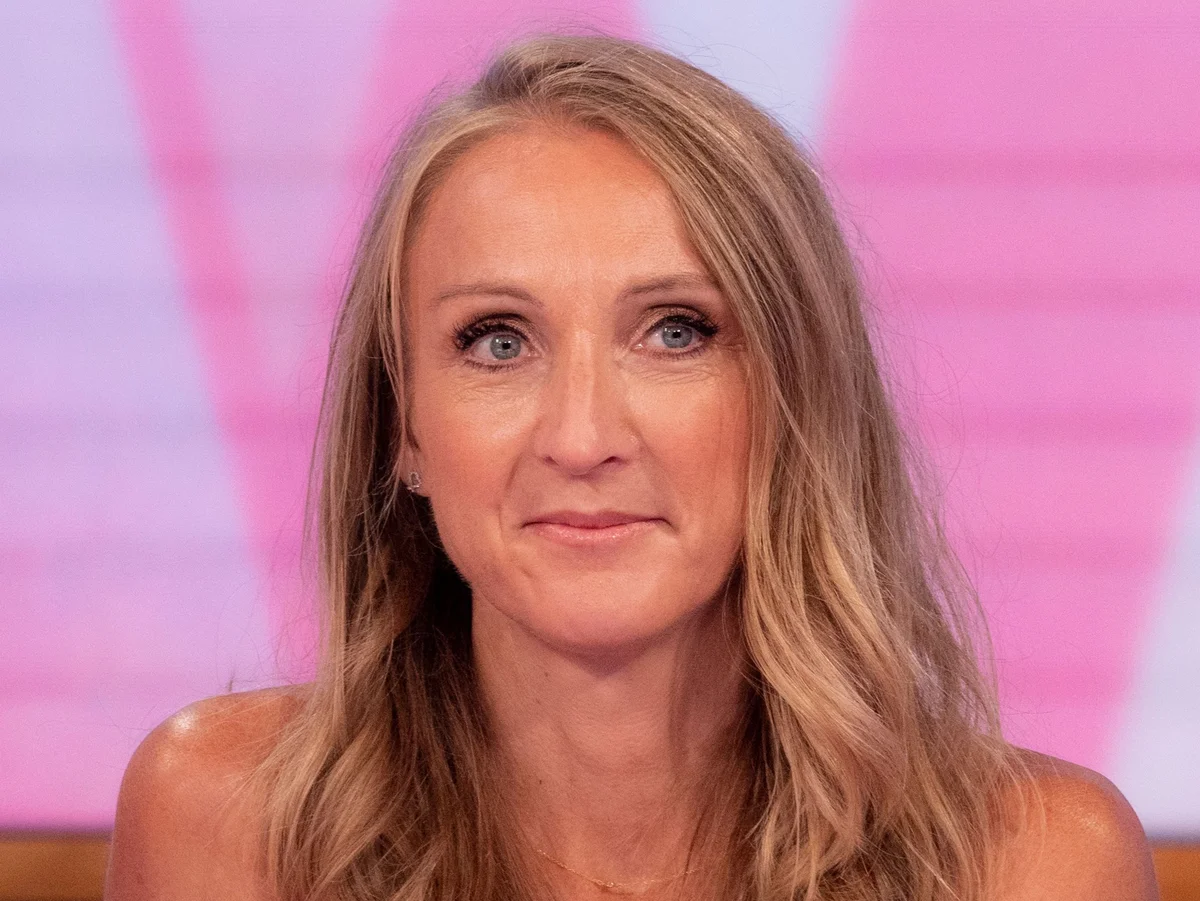By Jacob Stolworthy
Paula Radcliffe has opened up about “dismissing” her daughter’s early cancer warning signs.
The retired marathon runner’s daughter, Isla, was diagnosed with ovarian cancer when she was 13 after experiencing several symptoms, including stomach aches and loss of breath.
Before the diagnosis, however, Radcliffe said she brushed off the signs displayed by her now 18-year-old daughter, believing them to be normal for a girl in her early teens.
Radcliffe, who mistook the stomach aches for period pains, said in a new interview: “At times, my friend called me and said she’s lying curled up on the bathroom floor.
“She was a teenager, so wanting to sleep till 11am was pretty easily dismissed by me.”
Radcliffe, 51, told the i newspaper that Isla found herself needed to go to the toilet more often while “bouncing” on the family’s new trampoline.
“I gave her pelvic floor strengthening exercises, not ever thinking it was a tumour bouncing on her bladder,” she recalled.
Radcliffe eventually noticed something was amiss when Isla couldn’t go as far in a swimming race as she had a few weeks prior. Immediately, she booked her daughter in for blood tests, which led to the discovery of a lump on her stomach.
Recalling the moment the family were told of Isla’s diagnosis, Radcliffe said: “Our doctor did an amazing job of explaining it, first to me in terms of how good the prognosis was and how treatable, and also to her in terms she understood.”
Nine days after the diagnosis, Isla began chemotherapy, which Radcliffe described as “the hardest thing a parent can go through”.
“You can support them and be with them the whole way through, but you can’t do that chemo for them,” Radcliffe previously told Radio Times.
Isla, who undergoes annual scans and “has one ovary left”, has been told by doctors that “lots of people go through life” with only one functioning ovary.
Radcliffe shares Isla and son Raphael, 15, with husband Gary Lough, a former Northern Irish 1,500m runner. The couple married in 2001.
There are approximately 7,500 new ovarian cancer cases every year in the UK. According to Ovarian Cancer Action, 295,000 women are diagnosed with it annually – making it the sixth most common form of cancer among women. It is particularly common in older women, with the majority of cases occurring in women over 50.
Despite the statistics, however, 90 per cent of people do not know its four main symptoms: persistent stomach pain, persistent bloating, difficulty eating or loss of appetite, and increased need to urinate.
The disease develops when abnormal cells in and around the ovary and fallopian tubes grow and divide in an uncontrolled way and form a cancerous tumour, which, if malignant, can spread to other parts of the body.
According to the NHS, other symptoms associated with ovarian cancer can include indigestion, constipation or diarrhoea, back pain, exhaustion, sudden weight loss, or bleeding from the vagina post-menopause.
Given that some of the above ailments can be associated with other conditions too, it is important to see a GP should any of them persist so that you can be checked out.
